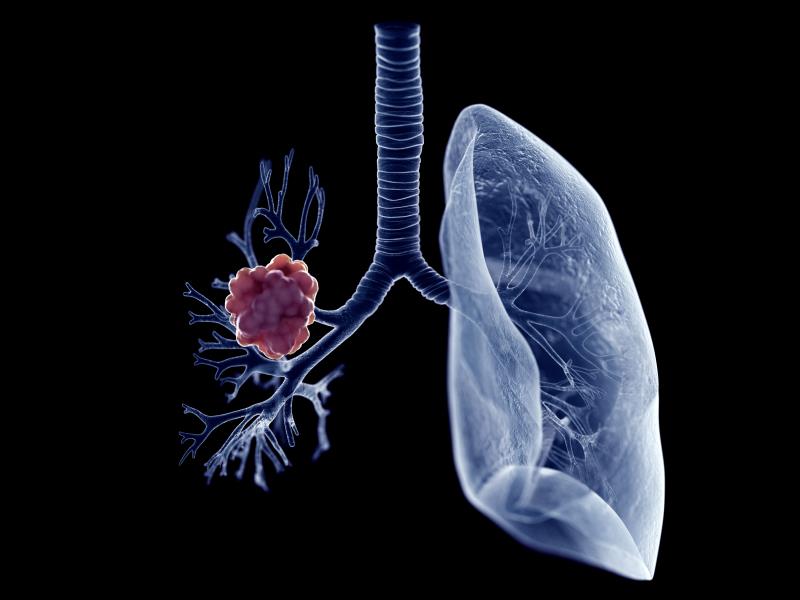
Self-efficacy predicts psychological resilience among nonsmall cell lung cancer patients (NSCLC) who had undergone thoracic surgery, a new study finds.
The study included 382 NSCLC patients in whom psychological resilience was measured using the Connor-Davidson Resilience Scale (CD-RISC). Other tools used included the Strategies Used by People to Promote Health (SUPPH), the Medical Coping Modes Questionnaire, and the Multidimensional Scale of Perceived Social Support.
The mean overall psychological resilience score at baseline was 57.18±8.55. For the dimensions of toughness, strength, and optimism, the average scores were 29.46±5.14, 18.62±3.12, and 9.11±1.46, respectively.
Psychological resilience was positively and significantly correlated with self-efficacy (r, 0.632; p<0.001), as well as with confrontation (r, 0.280; p<0.001), avoidance (r, 0.233; p<0.001), and social support (r, 0.437; p<0.001). There was a negative interaction between psychological resilience and acceptance-resignation (r, –0.489; p<0.001).
Multiple linear regression confirmed that self-efficacy was a significant factor associated with psychological resilience (β, 0.416; p<0.001). Other positive predictors were having an average income (β, 0.143; p<0.001) and confrontation (β, 0.116; p<0.001).
On the other hand, age (β, –0.313; p<0.001) and acceptance-resignation (β, –0.155; p<0.001) were inverse correlates of psychological resilience.
“In the future clinical work, medical staff should pay more attention to the assessment of social support, self-efficacy, psychological stress, and other psychosocial factors of the elderly, low education level, and low-income groups,” researchers said.
“When patients adopt acceptance-resignation strategy, medical staff should provide appropriate information about the disease, treatment, and care to help them regain the sense of self-control,” they added, while patients who are excessive in their desire for information and treatment may be at risk for anxiety and could benefit from counselling.